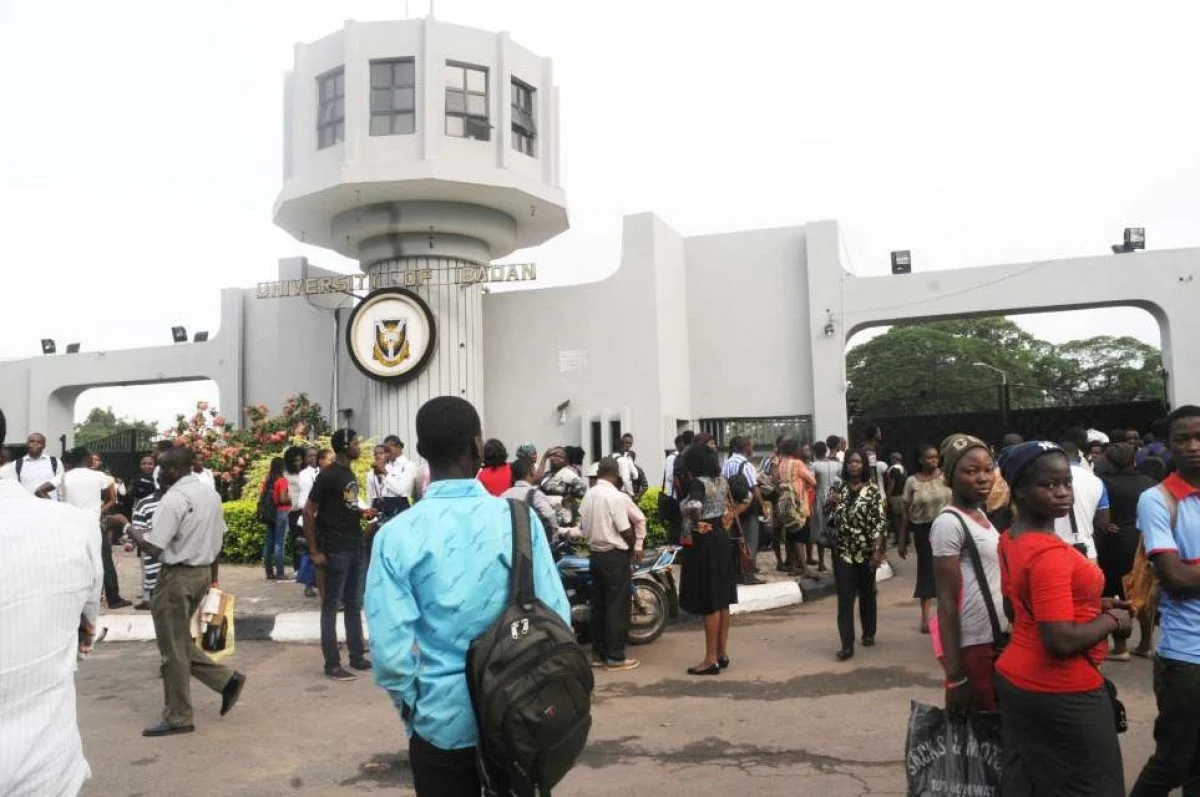The Senior Staff Association of Nigerian Universities (SSANU) has placed the blame for the ongoing strike, which has severely disrupted academic activities across campuses, squarely on the Ministry of Finance.
The indefinite nationwide strike, which commenced on October 28, was initiated by non-teaching staff unions in federal universities over withheld salaries.
The roots of this conflict trace back to the previous administration of President Muhammadu Buhari, which withheld salaries from university staff who participated in an eight-month strike in 2022.
While President Bola Tinubu approved the release of four months of the withheld salaries for public university teaching staff in October 2023, non-teaching staff, including SSANU and the Non-Academic Staff Union of Educational and Associated Institutions (NASU), felt sidelined and discriminated against.
Muhammed Ibrahim, the president of SSANU, addressed the situation during a recent appearance on Channels TV, emphasizing that while the presidency had indicated that non-teaching staff salaries were to be paid, the process has stalled at the finance ministry.
READ ALSO: ASUU,UNN declares total strike, Universities on high alert
He stated, “To be fair, the former minister of education Tahir Mamman and his colleague the minister of state did their best. This issue is being stalled at the finance ministry. The NLC president called the finance minister, who kept assuring us payments would be made. This never happened.”
The unions, having engaged in multiple attempts to discuss their grievances with the finance minister, have expressed frustration over the lack of progress.
Ibrahim noted, “Since July, we’ve been giving notices and changing dates based on assurances. What is happening is at the finance minister’s doorstep.” He pointed out that non-teaching staff are struggling to make ends meet amid Nigeria’s challenging economic conditions.
Experts have highlighted that the strike by non-teaching staff—who are essential for overseeing admissions, examinations, maintenance, security, and other administrative functions—could lead to significant disruptions in academic activities.
Ibrahim warned, “Our universities are in a dire state. To have a productive economy and an enlightened population, universities must be funded properly. Teaching and learning must be seamless to avoid issues.”
The ongoing strike has underscored the broader concerns regarding the funding and management of Nigerian universities, raising questions about the government’s commitment to education and the welfare of university staff.
As the situation unfolds, the impact on students and academic institutions continues to deepen, prompting calls for urgent intervention to resolve the crisis.

 Entertainment5 days ago
Entertainment5 days ago
 Health1 week ago
Health1 week ago
 Health4 days ago
Health4 days ago
 Football1 week ago
Football1 week ago
 Football1 week ago
Football1 week ago
 Crime4 days ago
Crime4 days ago
 Education6 days ago
Education6 days ago
 Crime1 week ago
Crime1 week ago

